Fancy a property with a difference? 7,000 acres of peat bog have come up for sale in Caithness
The £7 million Glutt Estate in Caithness is seeking a new owner to take on this incredibly important stretch of northern Scotland.
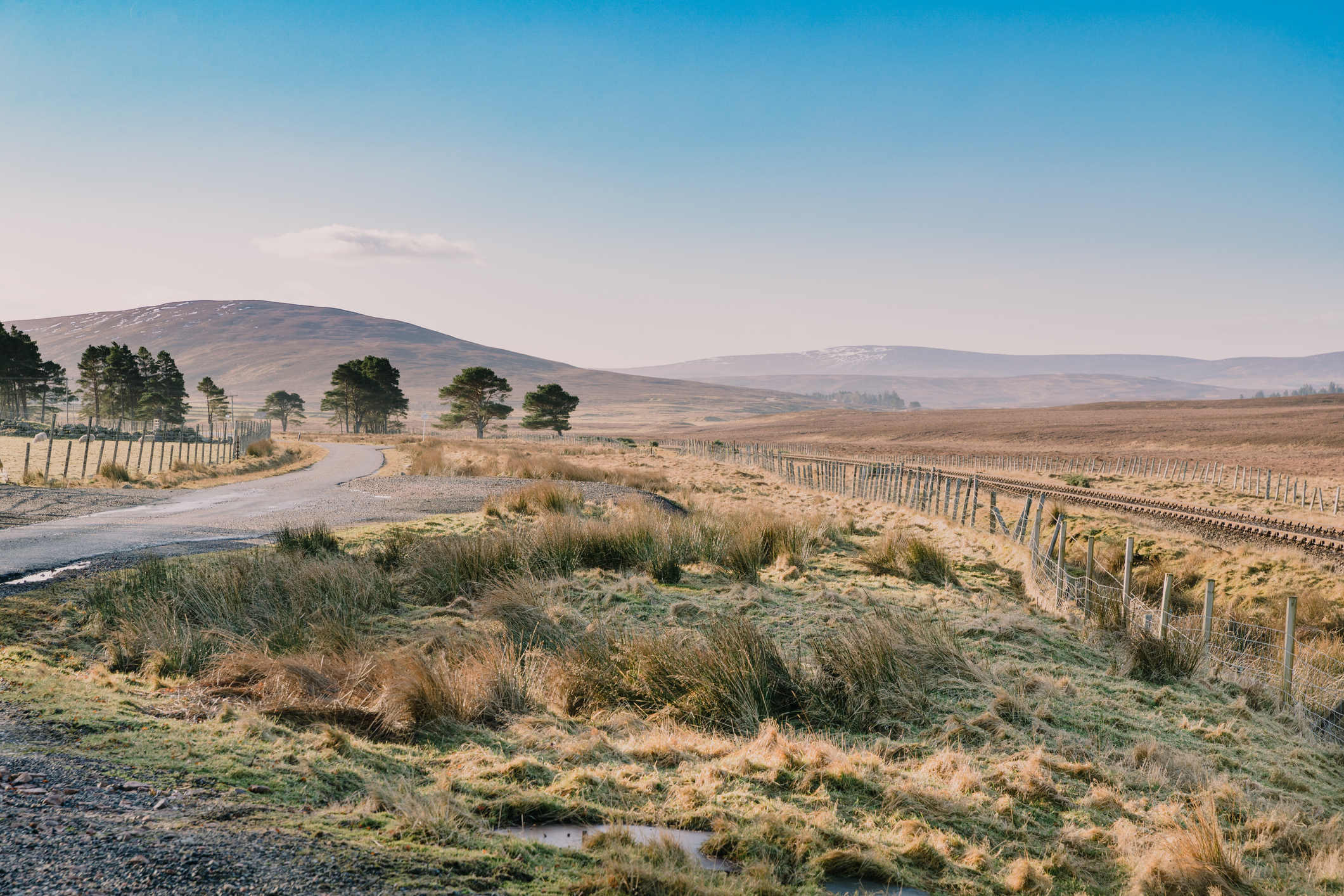

Named after the Old Norse word floi meaning ‘wet or marshy land’, the Flow Country is a vast rolling expanse of peatland and wetland covering some 1,500 square miles of Caithness and Sutherland, Scotland’s most northerly counties. The largest stretch of blanket bog in Europe, the Flow Country is an area of deep peat, a type of peatland formed over thousands of years as mosses grow, die and accumulate in layers, eventually forming peat.
When peatlands are damaged or degraded due to drainage or peat extraction, stored carbon is released back into the atmosphere, thereby contributing to greenhouse-gas emissions. Peatlands such as the Flow Country act as a carbon sink, trapping carbon dioxide from the atmosphere. Now, thanks to a series of dedicated peatland-restoration projects, the Flow Country has embarked on a transformative journey that will see precious peatland restored, the region’s delicate ecosystem rejuvenated and carbon loss halted, thereby mitigating the effects of climate change.
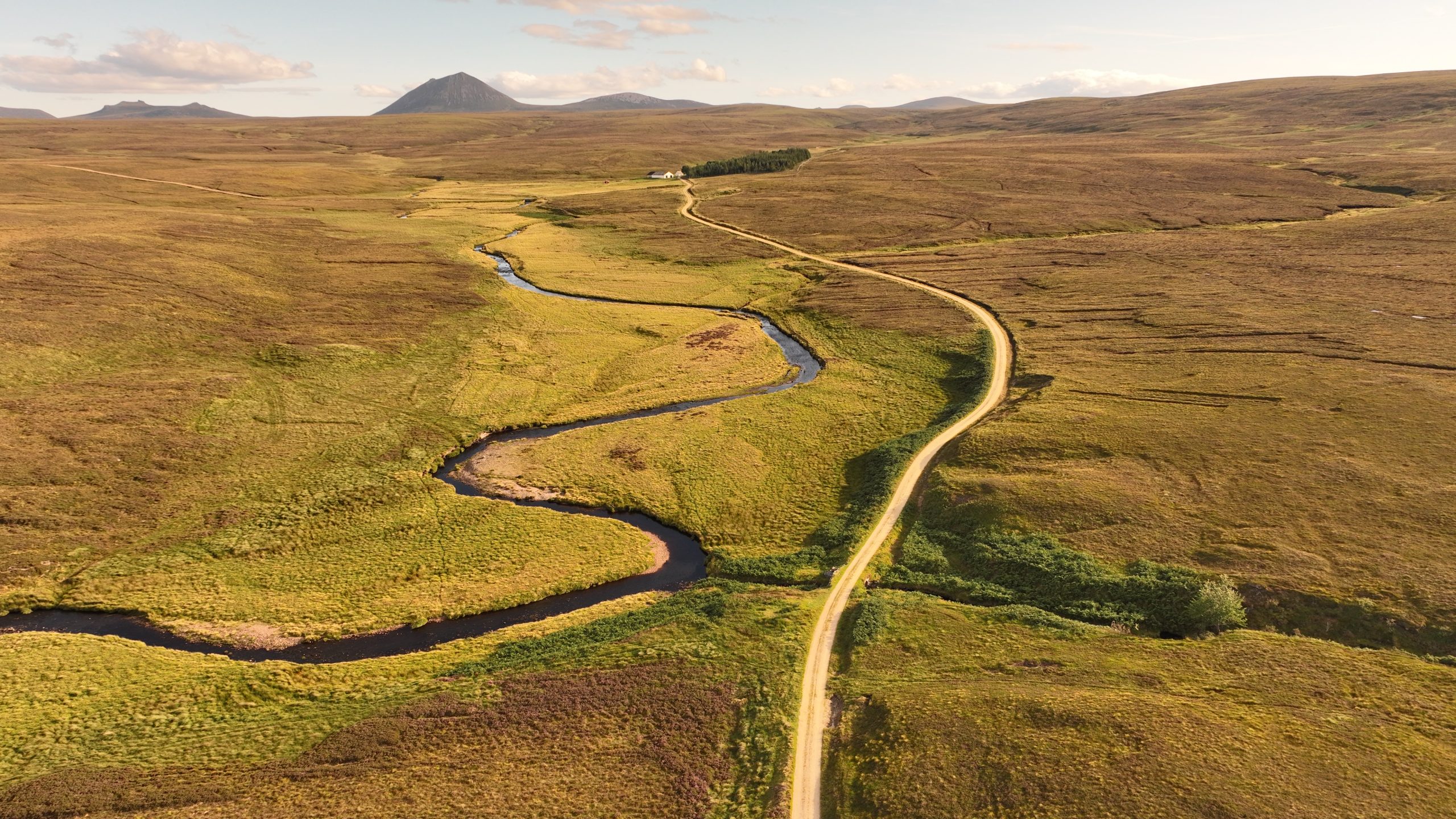
As part of the UK Peatland Programme, which aims to restore two million hectares (almost five million acres) of deteriorated peatland by 2040, the Scottish government is supporting landowners’ restoration efforts with £250 million of funding via the Peatland Action Scheme. Landowners can also sign up to the Peatland Code, which allows them to create carbon units that can potentially be sold for carbon offsetting. It’s small wonder, then, that the value of Scottish land and estates endowed with substantial ‘natural capital’ assets has sky-rocketed in recent years.
Evelyn Channing of Savills in Edinburgh is overseeing the launch onto the market of one of the Flow Country’s most significant estates, the spectacular 7,324-acre Glutt estate in Caithness, which spreads across miles of unspoilt beauty and wilderness, 11 miles inland from the coast and 40 miles south-west of Thurso.
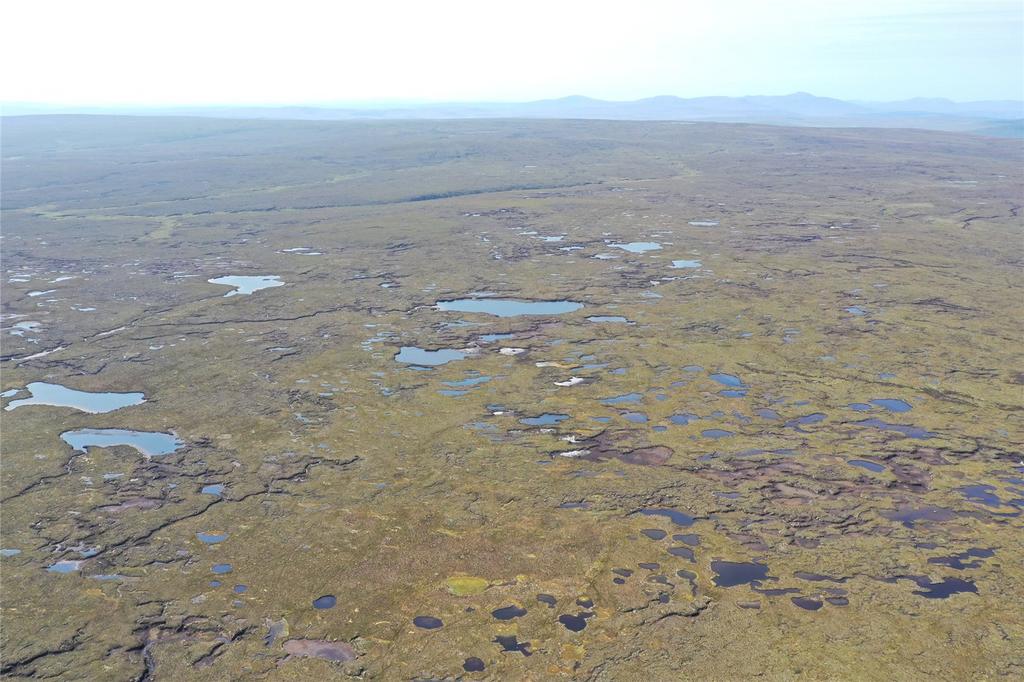
Mrs Channing quotes a guide price of £7m for the estate, which is currently under the same family ownership, and is, to some extent, managed as part of the neighbouring 27,500-acre Dunbeath estate, now also for sale with Savills, at a guide price of £25m.
The vast majority of the land at Glutt is blanket bog, made up of nationally important carbon-rich soils, ultra-deep peat and priority peatland habitat of high, or potentially high, conservation value.
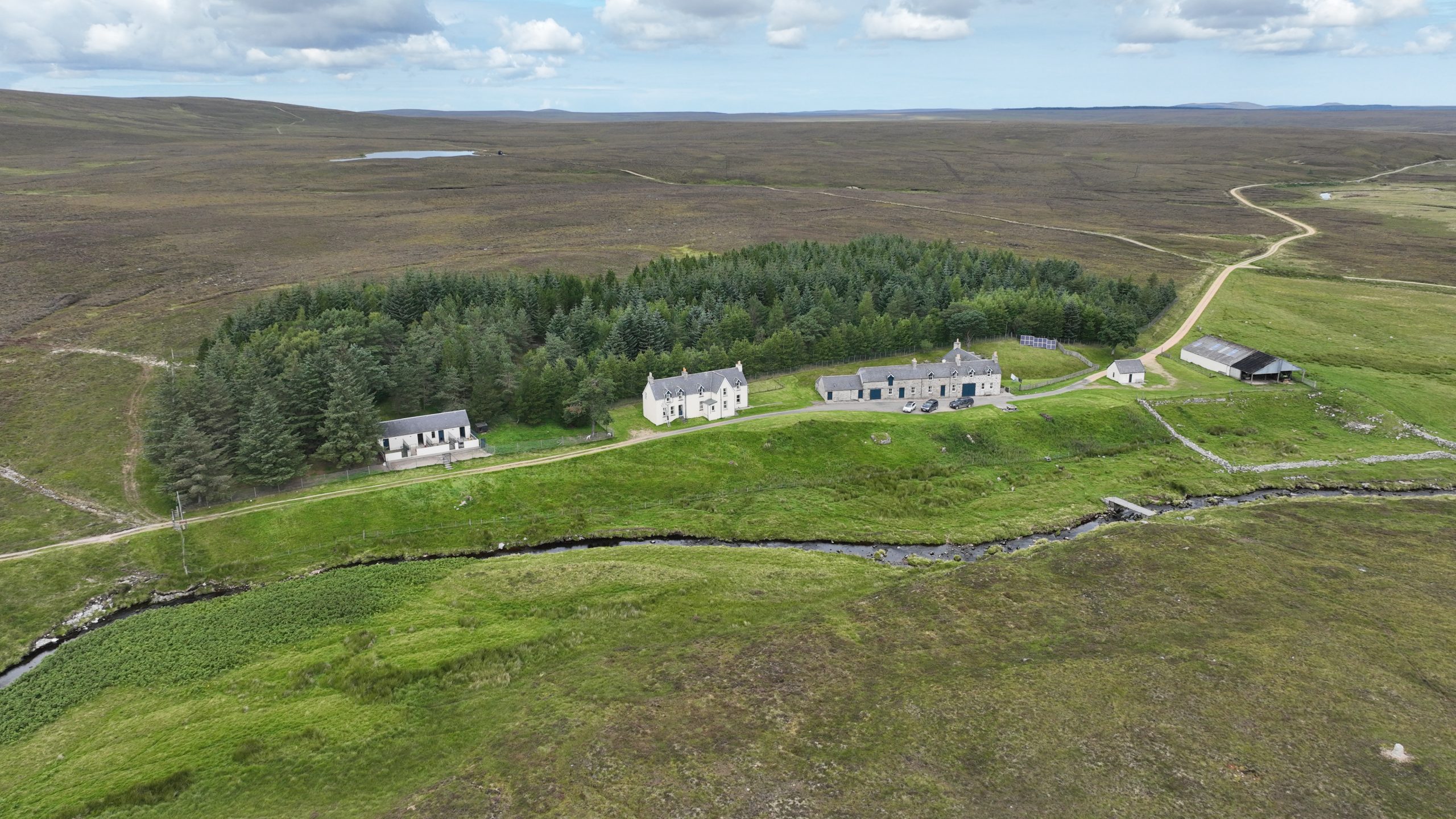
Acquired by the late Stuart Murray Threipland in 2015, the estate has been the subject of a major peatland-restoration project, split into three distinct phases and largely funded by the Peatland Action Scheme. Phase 1 of the project was completed in January 2022, Phase 2 is ongoing and Phase 3 is still to be done. For those familiar with such matters, the project aims to deliver ‘a potential cumulative claimable emissions reduction of over 189,000 tonnes of CO² over a 100-year period’.
Sign up for the Country Life Newsletter
Exquisite houses, the beauty of Nature, and how to get the most from your life, straight to your inbox.
However, as Mrs Channing points out, Glutt’s vast and distinctive landscape not only provides significant opportunities to undertake large-scale environmental projects, including peatland restoration and biodiversity enhancement, it also offers many of the attributes traditionally sought by buyers of Scottish estates — namely, privacy and seclusion, with a comfortable and manageable lodge set within magnificent scenery, and an exciting combination of walked-up grouse shooting and red-deer stalking. Furthermore, the absence of trees combined with the gently undulating terrain represent ideal conditions for the ancient art of falconry.
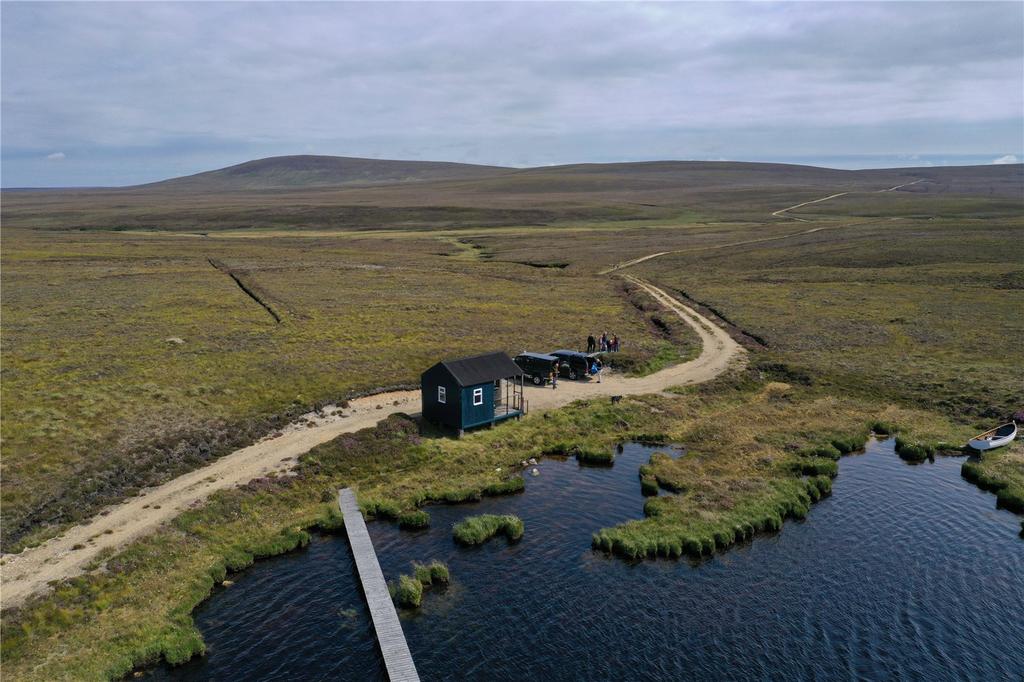
Simplicity is the key to life at Glutt, where the gamekeeper is the sole employee. The estate’s three dwellings are practical and well proportioned. They include the solid, four-bedroom Glutt Lodge, built of rendered and painted stone under a pitched slate roof, which sits above the banks of the Glutt Water, a tributary of the River Thurso.
The main rooms have been designed to take advantage of the open views over the mesmerising landscape. There is also the four-bedroom Keeper’s Cottage and the modest, but charming, one-bedroom Bothy, both of which are located a short distance from the lodge.
The Glutt Estate is for sale at £7m — see more details and pictures.
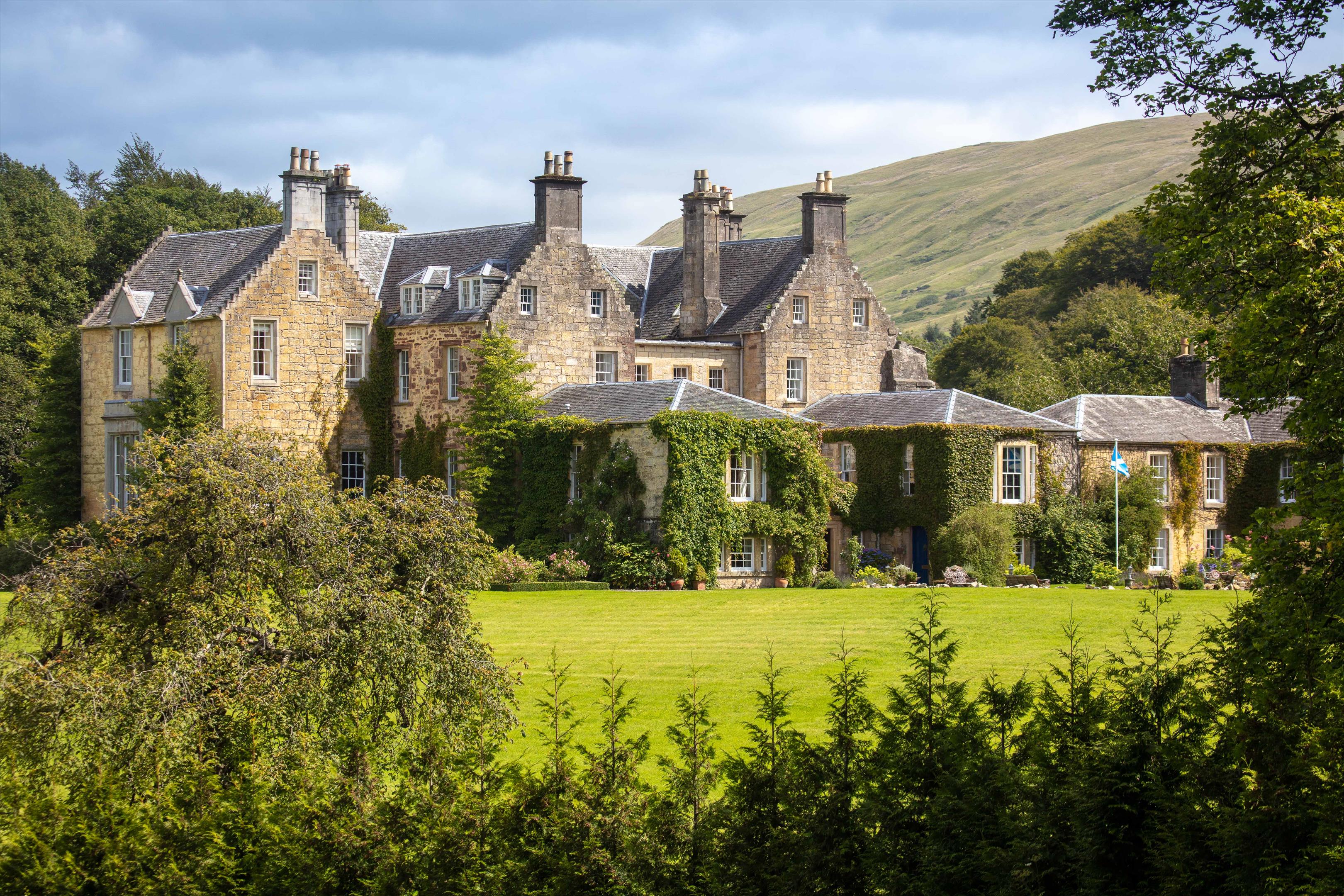
Spectacular Scottish castles and estates for sale
A look at the finest castles, country houses and estates for sale in Scotland today.
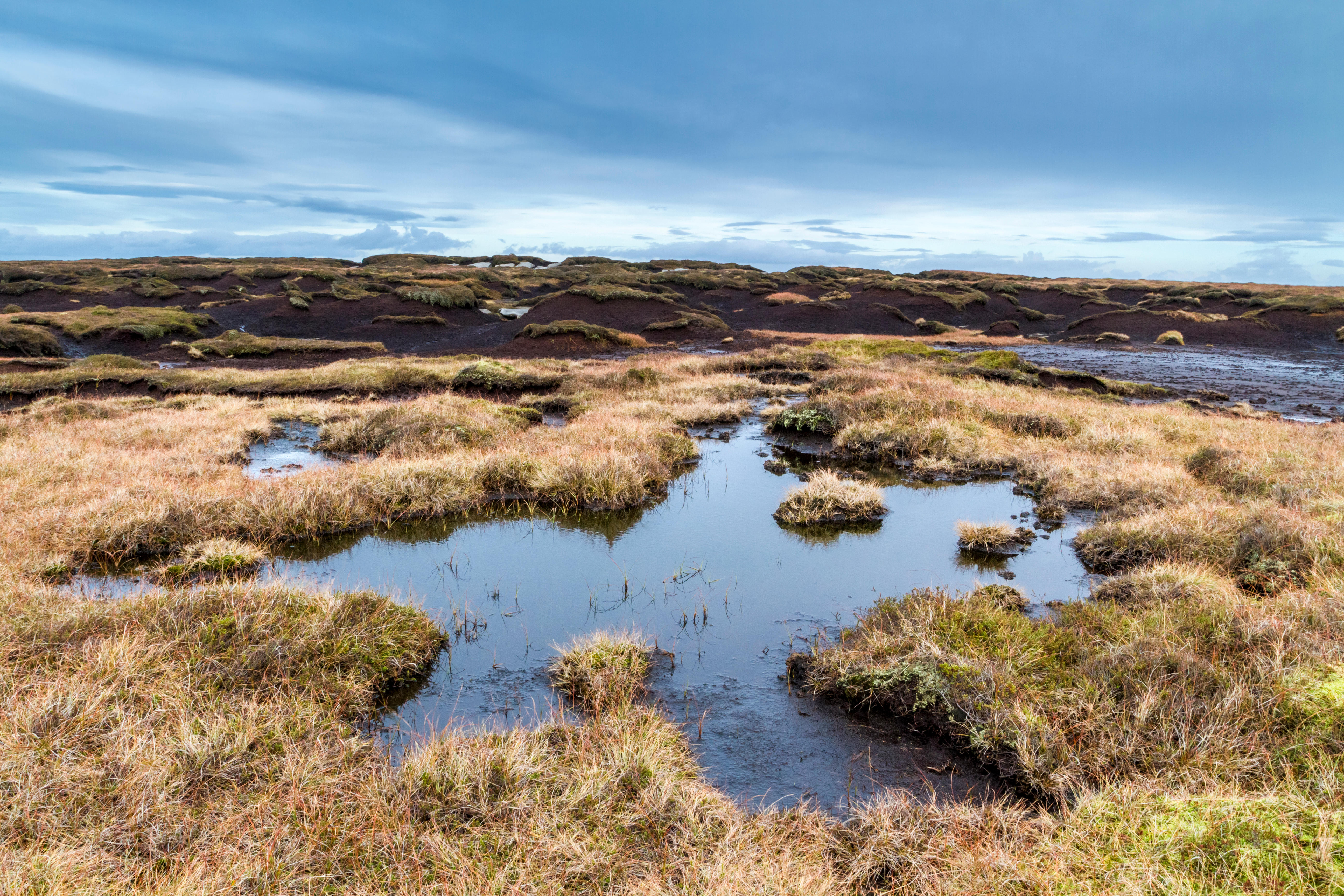
Peat takes millennia to generate, and bogs store 10 times more carbon than forests — using it in gardening is madness
Mark Griffiths explains exactly why the continued practice of cutting peat from bogs for use in horticulture must be stopped.
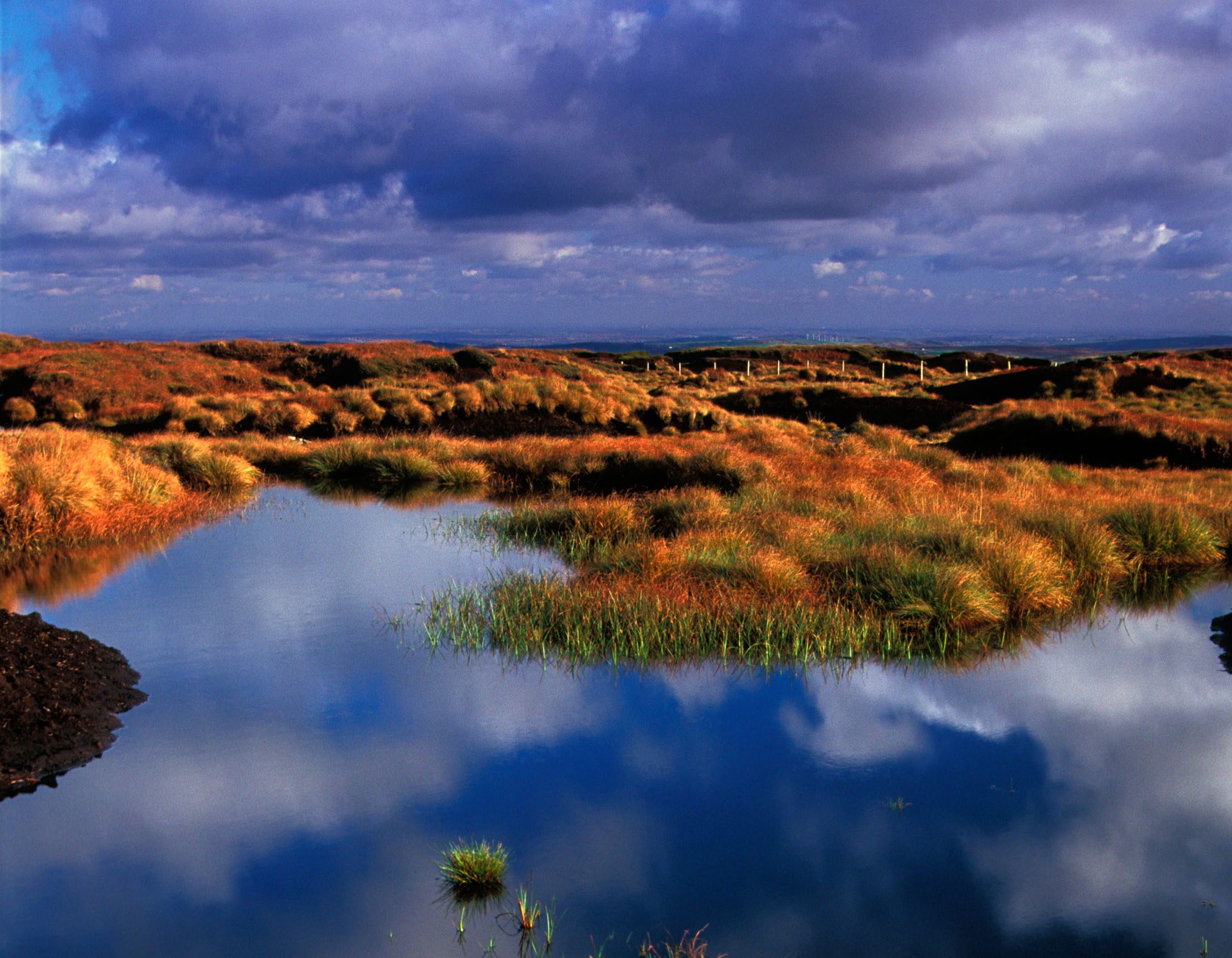
Country Life Today: How bringing back our peat bogs could save Britain £100 billion
Today's news round-up explains why Britain going to the bogs could help us all; anticipates the hottest night in Britain's
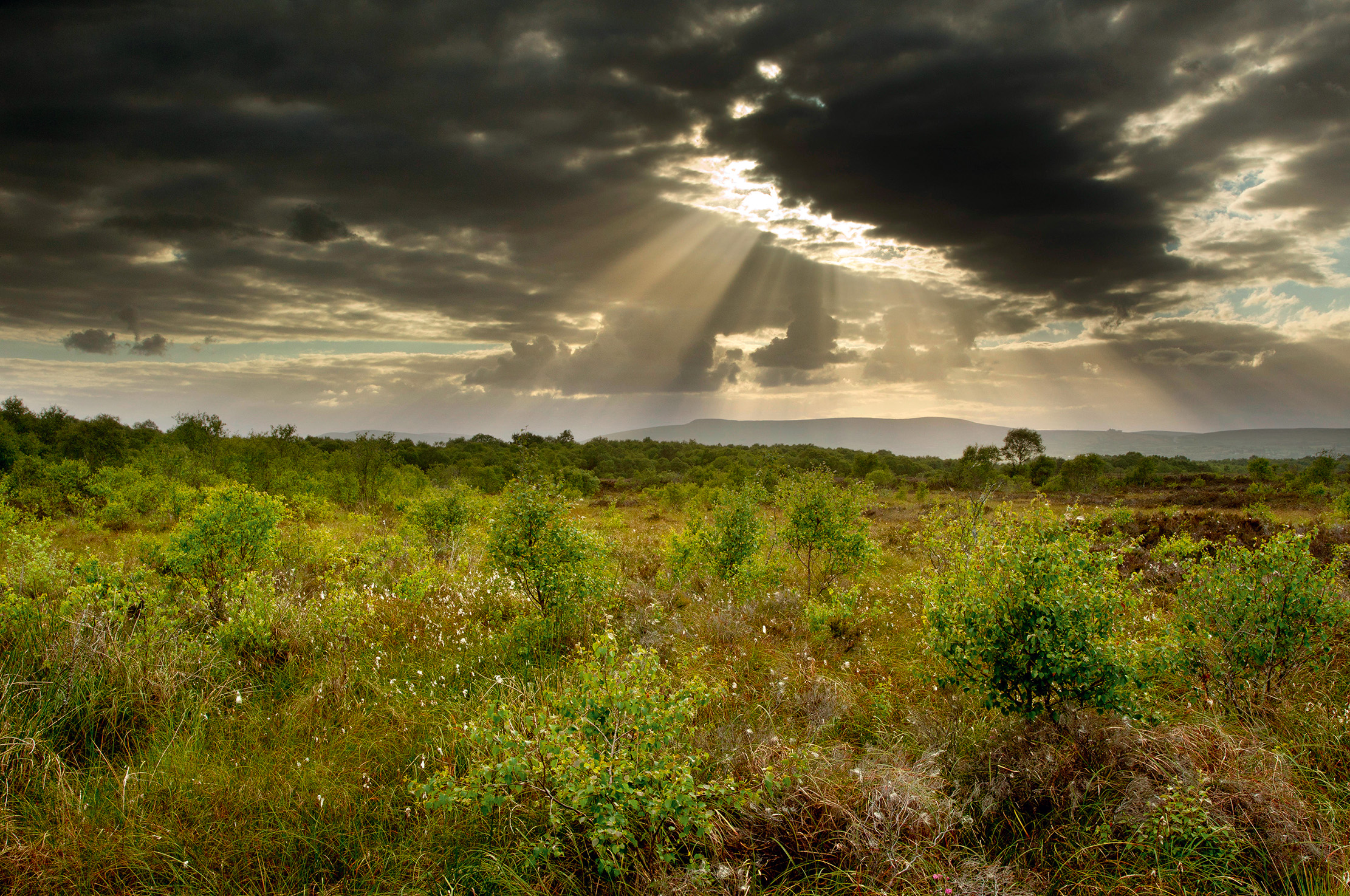
The Bogs of Britain, from 'godforsaken wasteland full of dangers' to one of our key tools in tackling climate change
This unique habitat, millennia in the making, provides a home for numerous rare flora and fauna and is, at last,
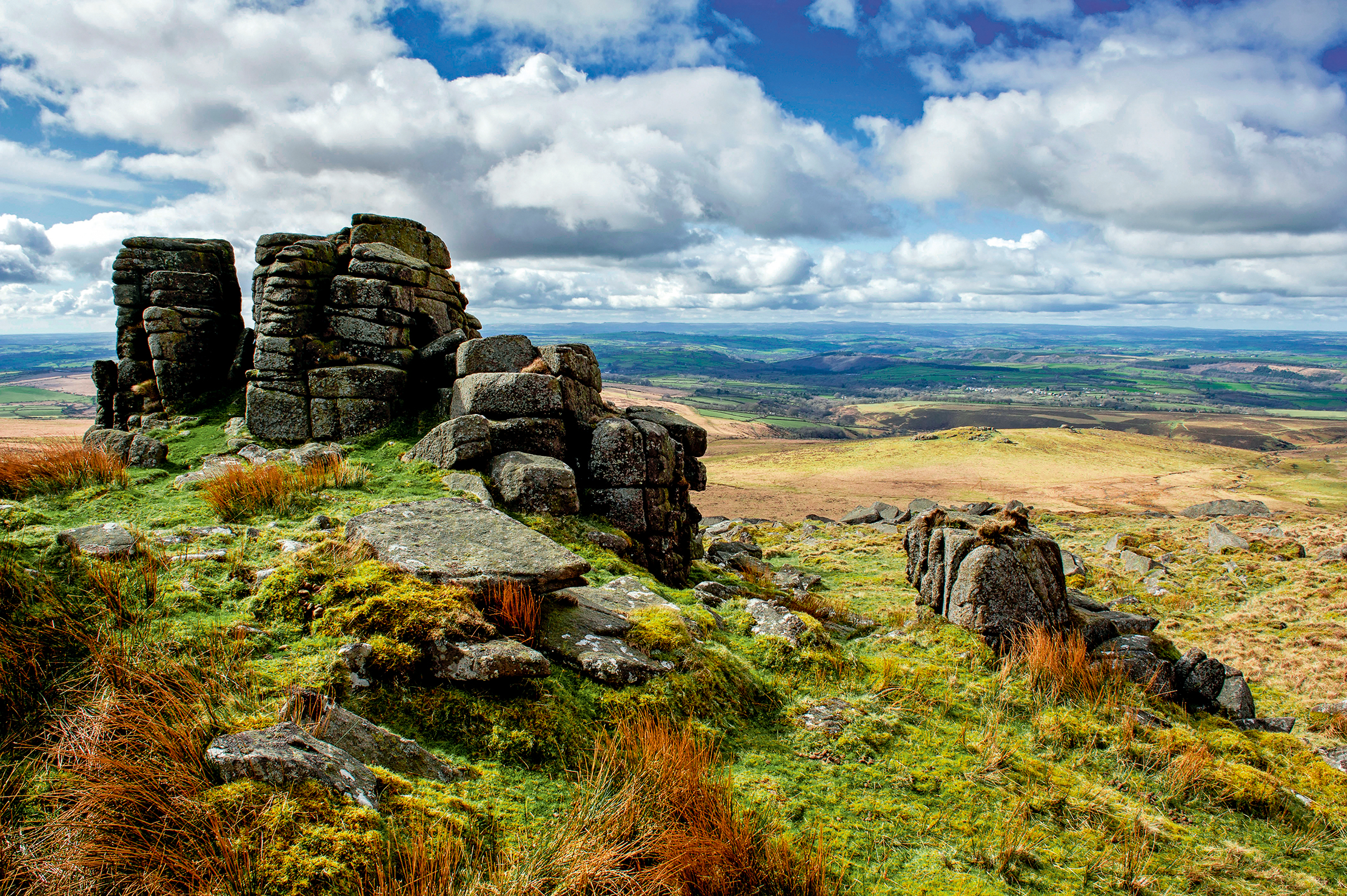
'Unleashed, mad and dangerous': How Britain's wild, romantic moorland is our 'signature habitat', inspiring everything from Beowulf to The Hound of the Baskervilles
Mark Griffiths examines our ancient fear and fascination with ecologically invaluable moorland, of which we have more than any other
-
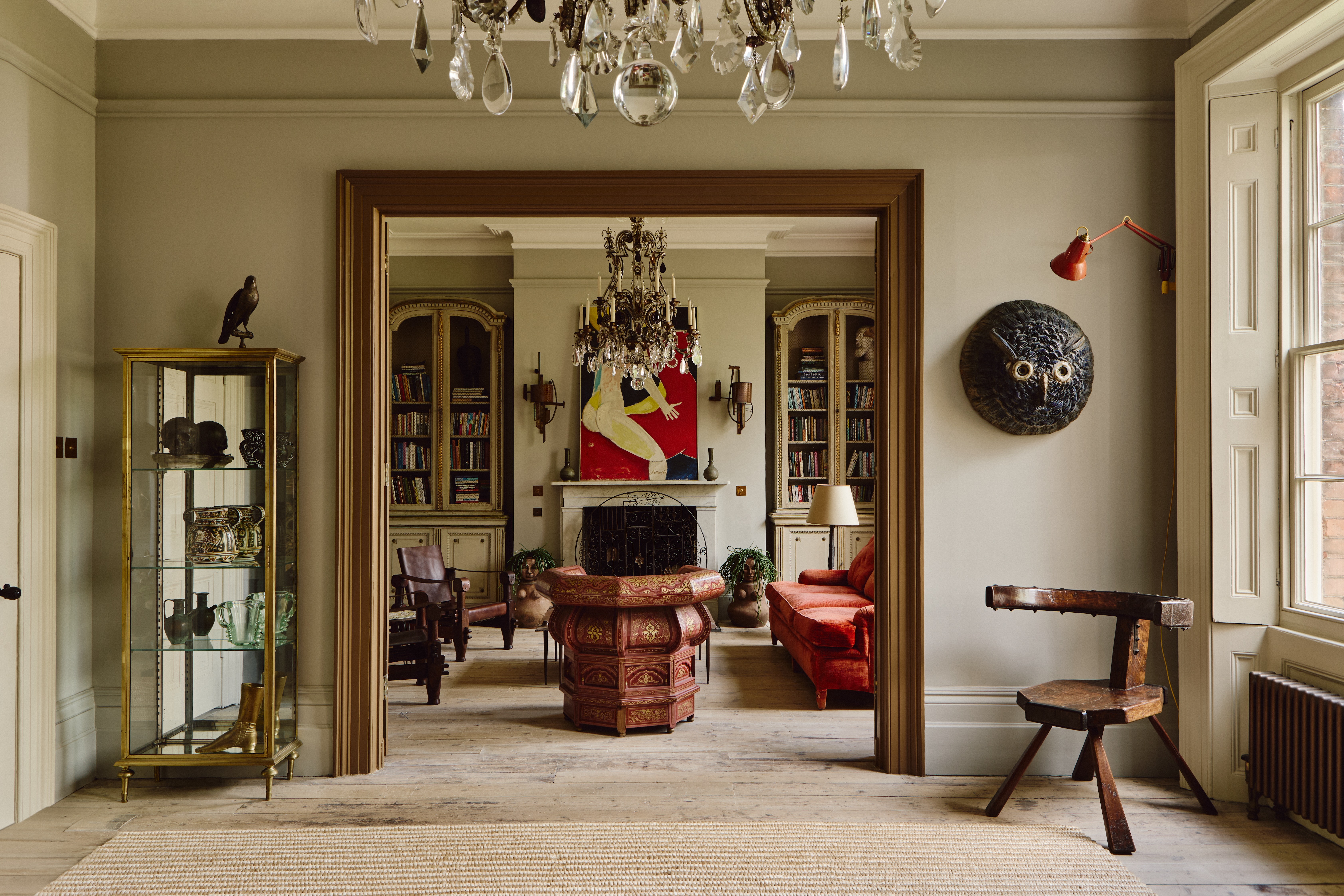 ‘It had the air of an ex-rental, and that’s putting it politely’: How an antique dealer transformed a run-down Georgian house in Chatham Dockyards
‘It had the air of an ex-rental, and that’s putting it politely’: How an antique dealer transformed a run-down Georgian house in Chatham DockyardsAn antique dealer with an eye for colour has rescued an 18th-century house from years of neglect with the help of the team at Mylands.
By Arabella Youens Published
-
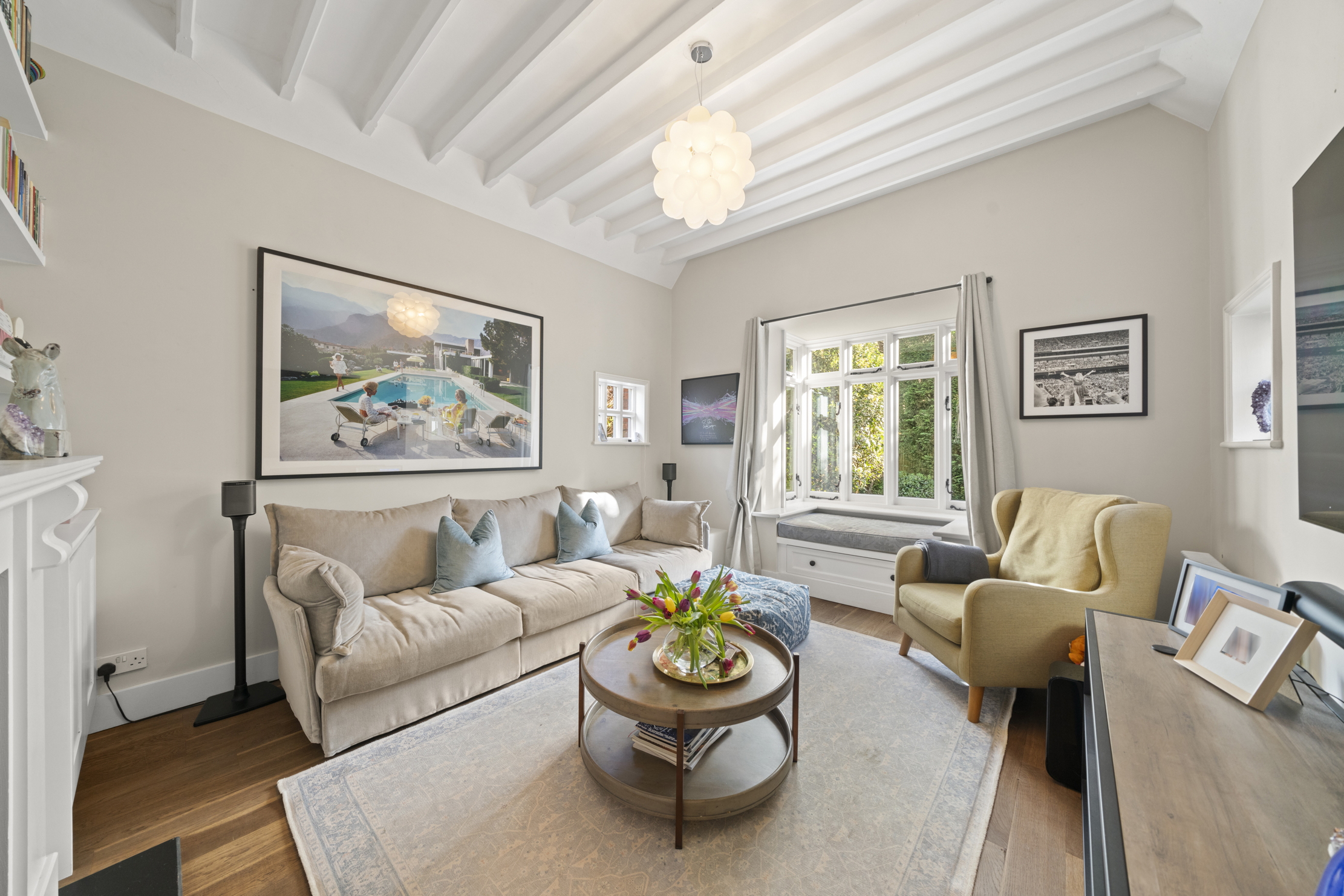 A home cinema, tasteful interiors and 65 acres of private parkland hidden in an unassuming lodge in Kent
A home cinema, tasteful interiors and 65 acres of private parkland hidden in an unassuming lodge in KentNorth Lodge near Tonbridge may seem relatively simple, but there is a lot more than what meets the eye.
By James Fisher Published
-
 A home cinema, tasteful interiors and 65 acres of private parkland hidden in an unassuming lodge in Kent
A home cinema, tasteful interiors and 65 acres of private parkland hidden in an unassuming lodge in KentNorth Lodge near Tonbridge may seem relatively simple, but there is a lot more than what meets the eye.
By James Fisher Published
-
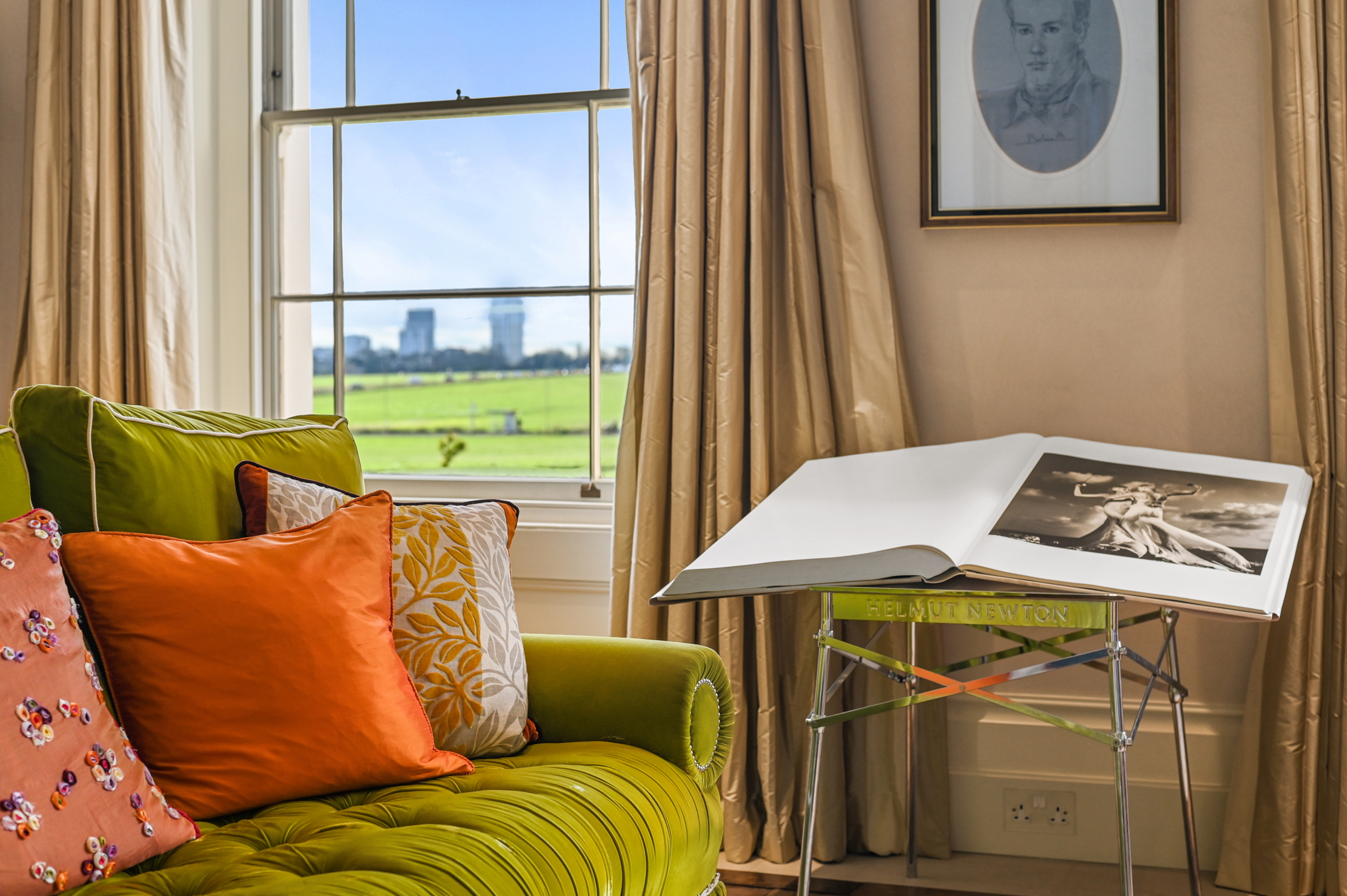 A rare opportunity to own a family home on Vanbrugh Terrace, one of London's finest streets
A rare opportunity to own a family home on Vanbrugh Terrace, one of London's finest streetsThis six-bedroom Victorian home sits right on the start line of the London Marathon, with easy access to Blackheath and Greenwich Park.
By James Fisher Published
-
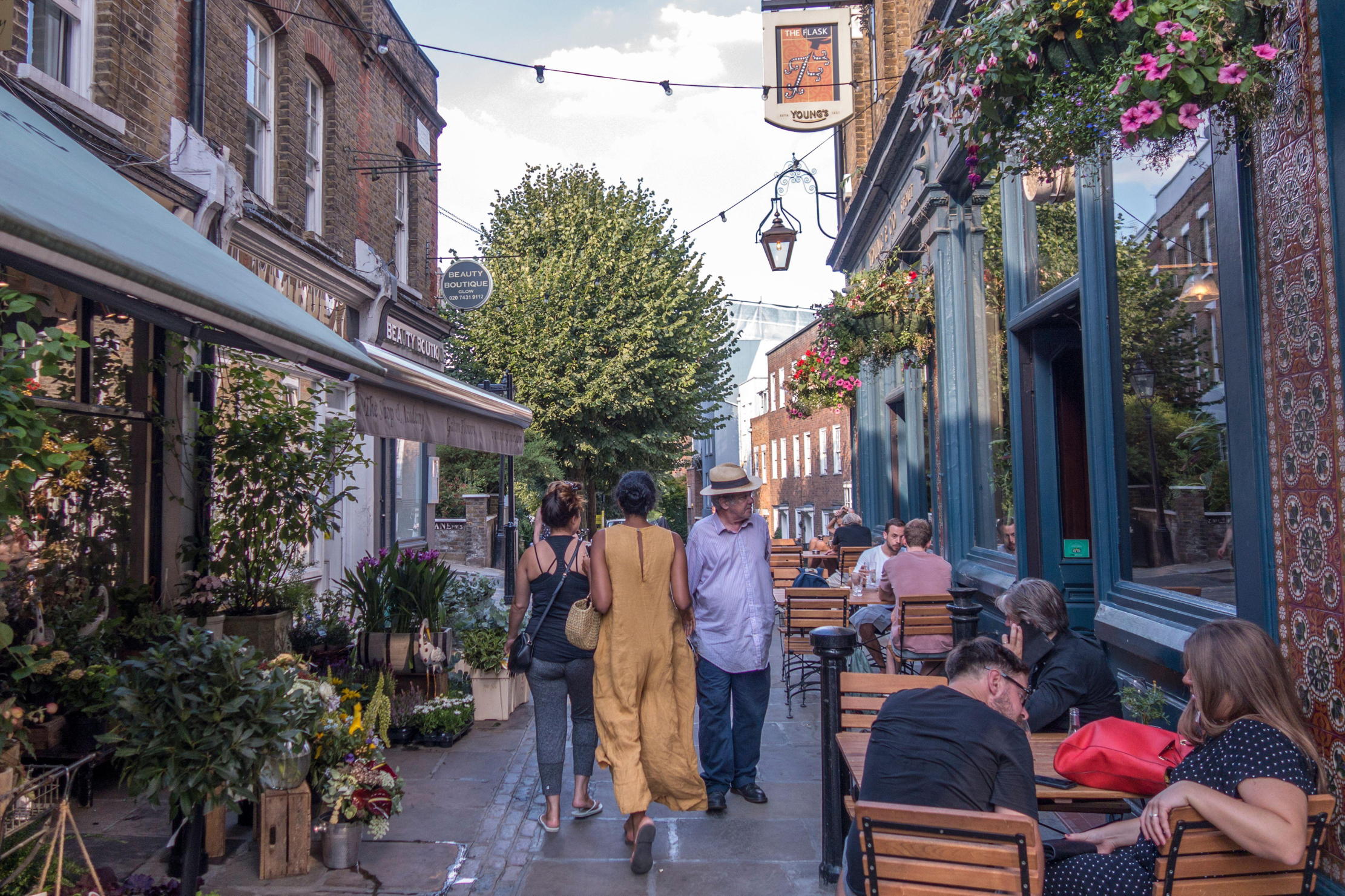 A tale of everyday life as lived on Britain's most expensive street
A tale of everyday life as lived on Britain's most expensive streetWinnington Road in Hampstead has an average house price of £11.9 million. But what's it really like? Lotte Brundle went to find out.
By Lotte Brundle Last updated
-
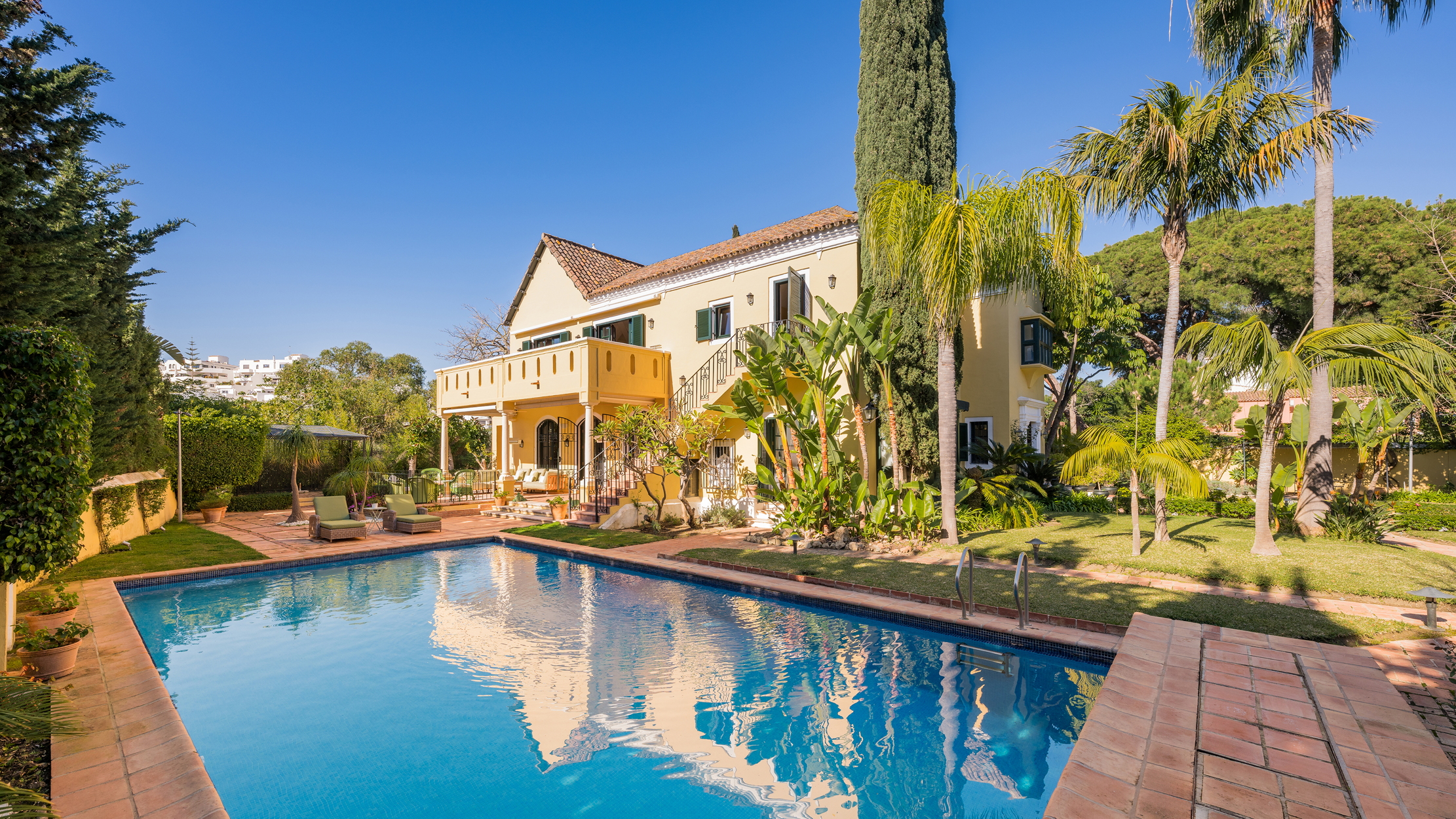 Damon Hill's former home in Marbella is the perfect place to slow down
Damon Hill's former home in Marbella is the perfect place to slow downThe glorious Andalusian-style villa is found within the Lomas de Marbella Club and just a short walk from the beach.
By James Fisher Published
-
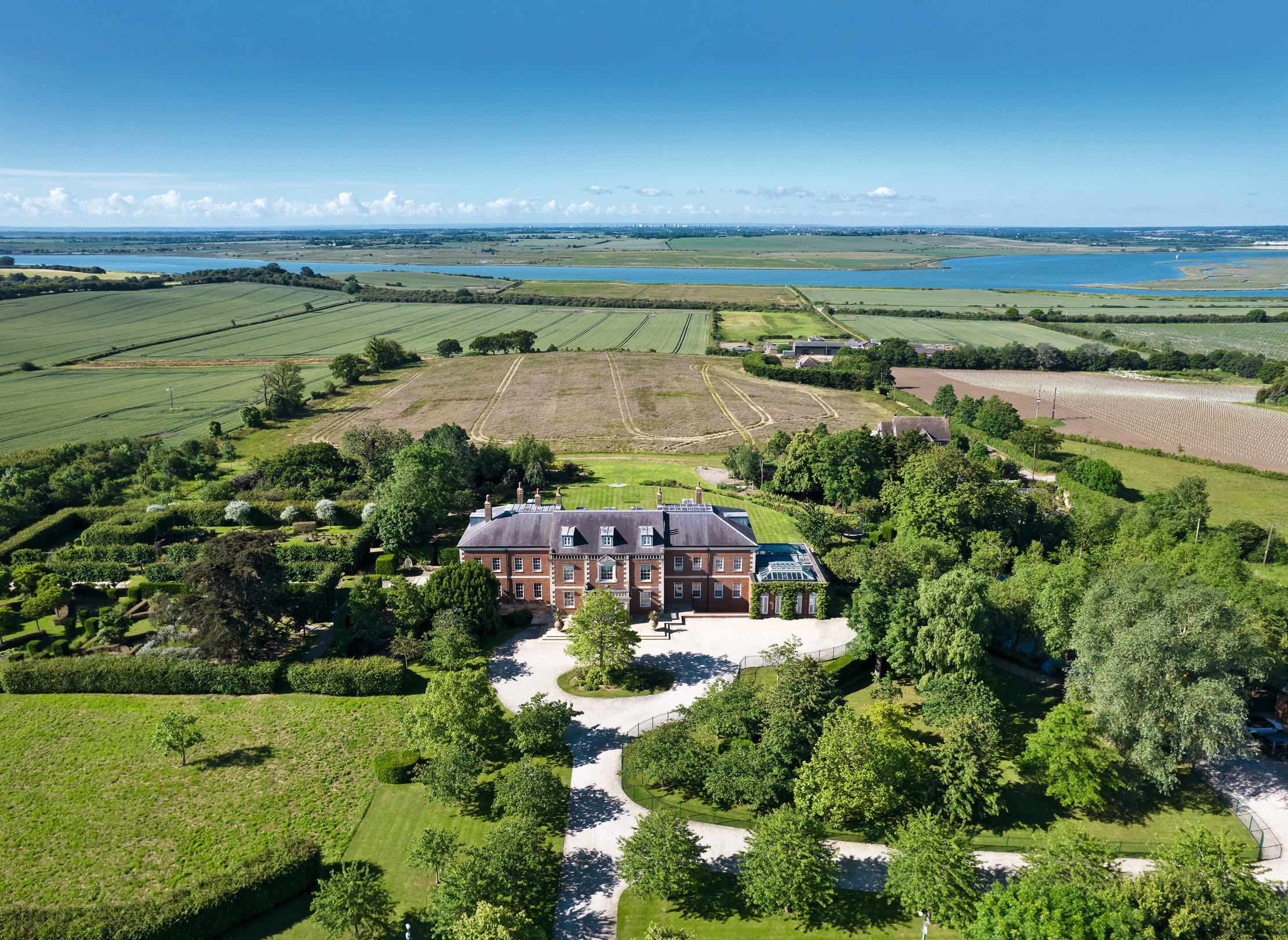 A 327-acre estate in the heart of 'England’s Côte d’Or', with a 26,000sq ft Georgian style home at its heart
A 327-acre estate in the heart of 'England’s Côte d’Or', with a 26,000sq ft Georgian style home at its heartStokes Hall in the Crouch Valley is an inspiring property looking for a new owner.
By Penny Churchill Published
-
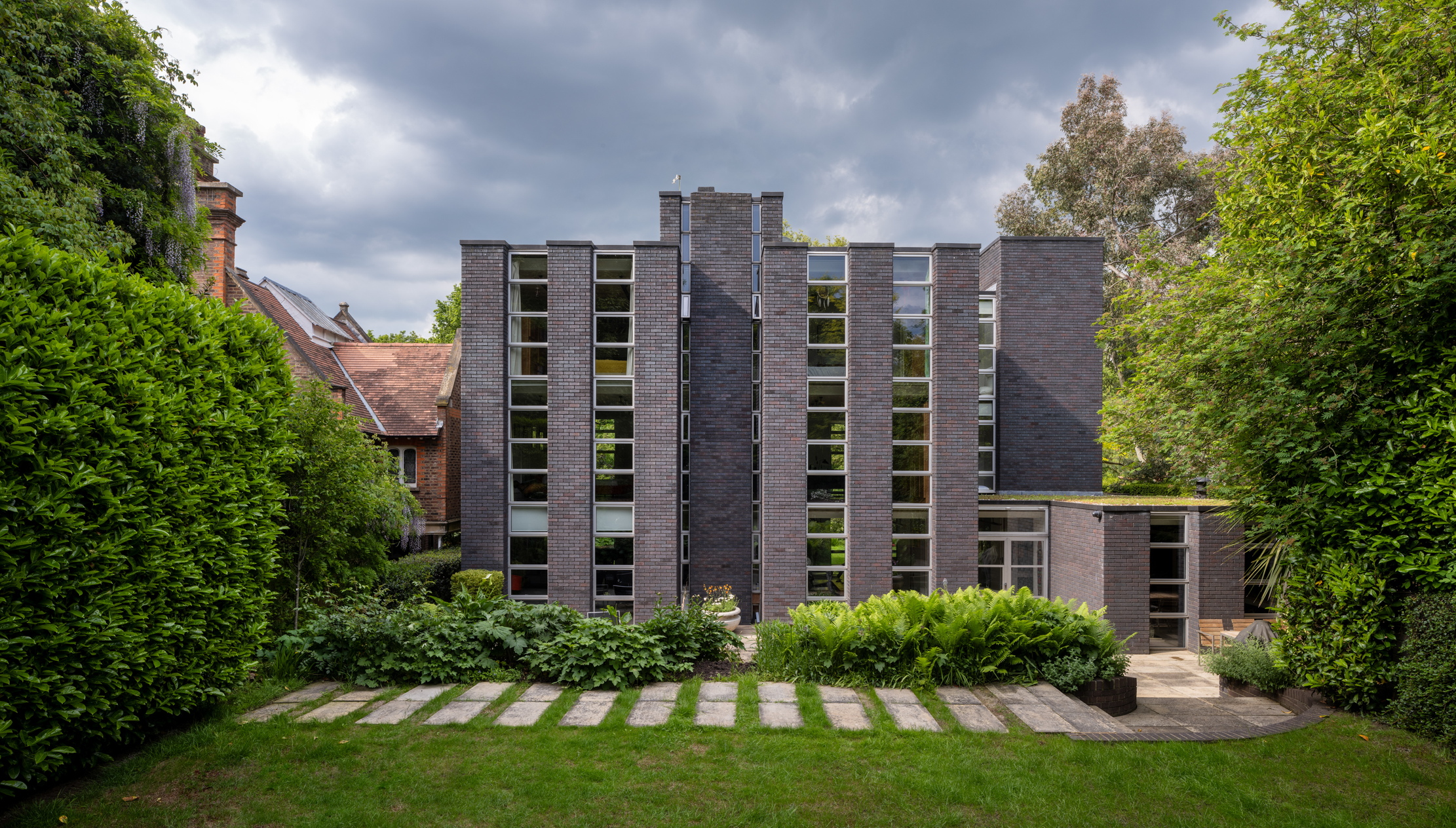 Schreiber House, 'the most significant London townhouse of the second half of the 20th century', is up for sale
Schreiber House, 'the most significant London townhouse of the second half of the 20th century', is up for saleThe five-bedroom Modernist masterpiece sits on the edge of Hampstead Heath.
By Lotte Brundle Published
-
 Is the 'race for space' officially over?
Is the 'race for space' officially over?During the lockdowns, many thought the countryside was the place to be. It seems many are now changing their minds.
By Annabel Dixon Last updated
-
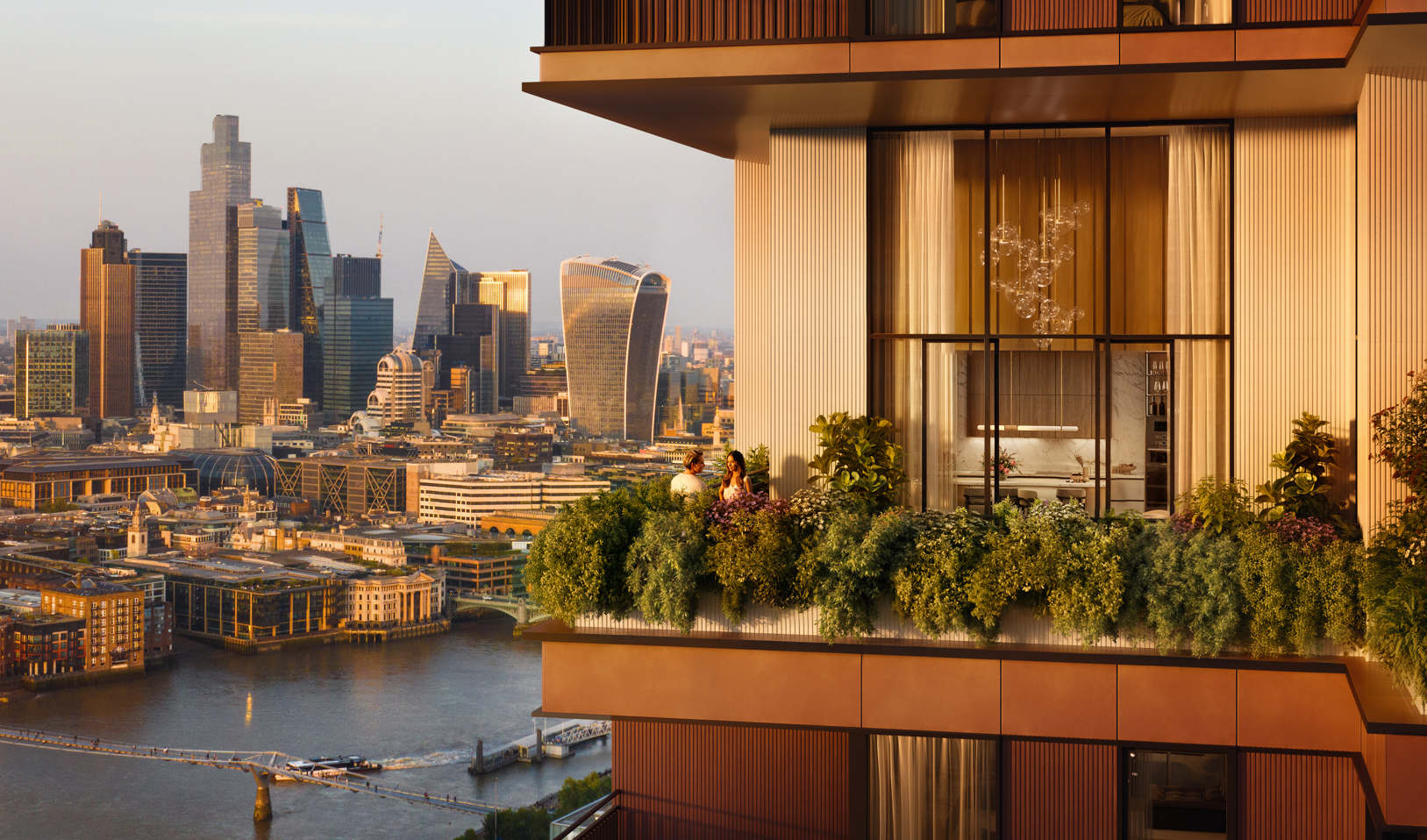 What's a 'wellness village' and will it tempt you back into the office?
What's a 'wellness village' and will it tempt you back into the office?The team behind London's first mixed-use ‘wellness village’ says it has the magic formula for tempting workers back into offices.
By Annunciata Elwes Published
